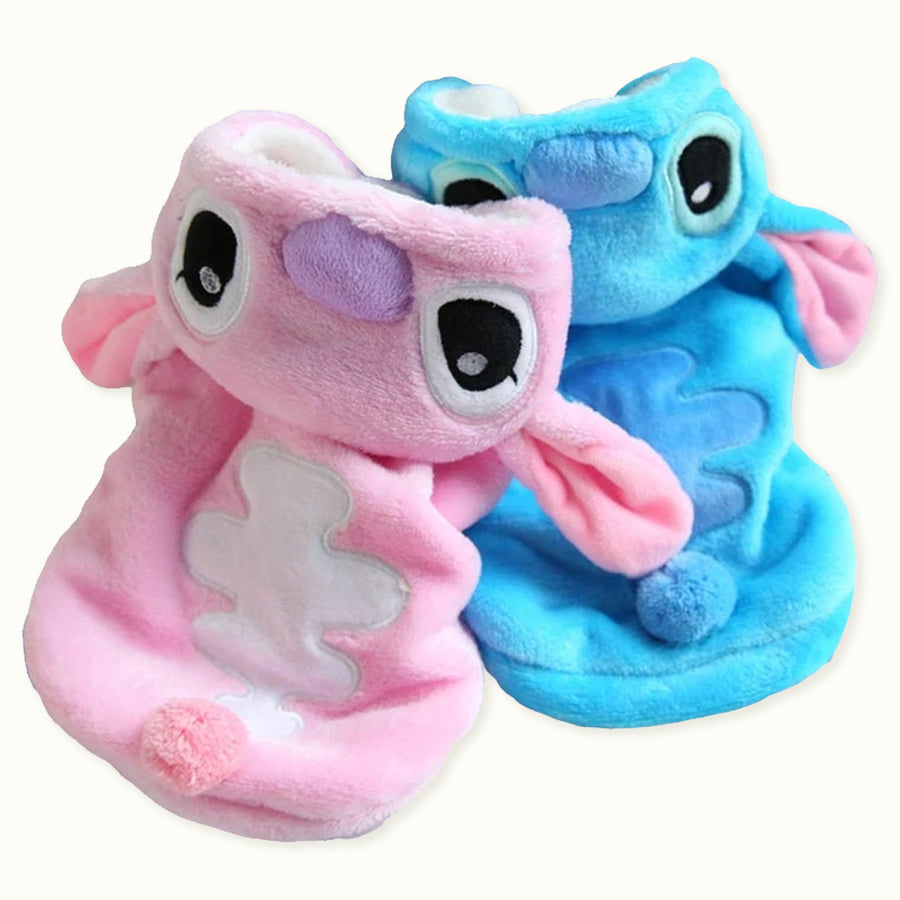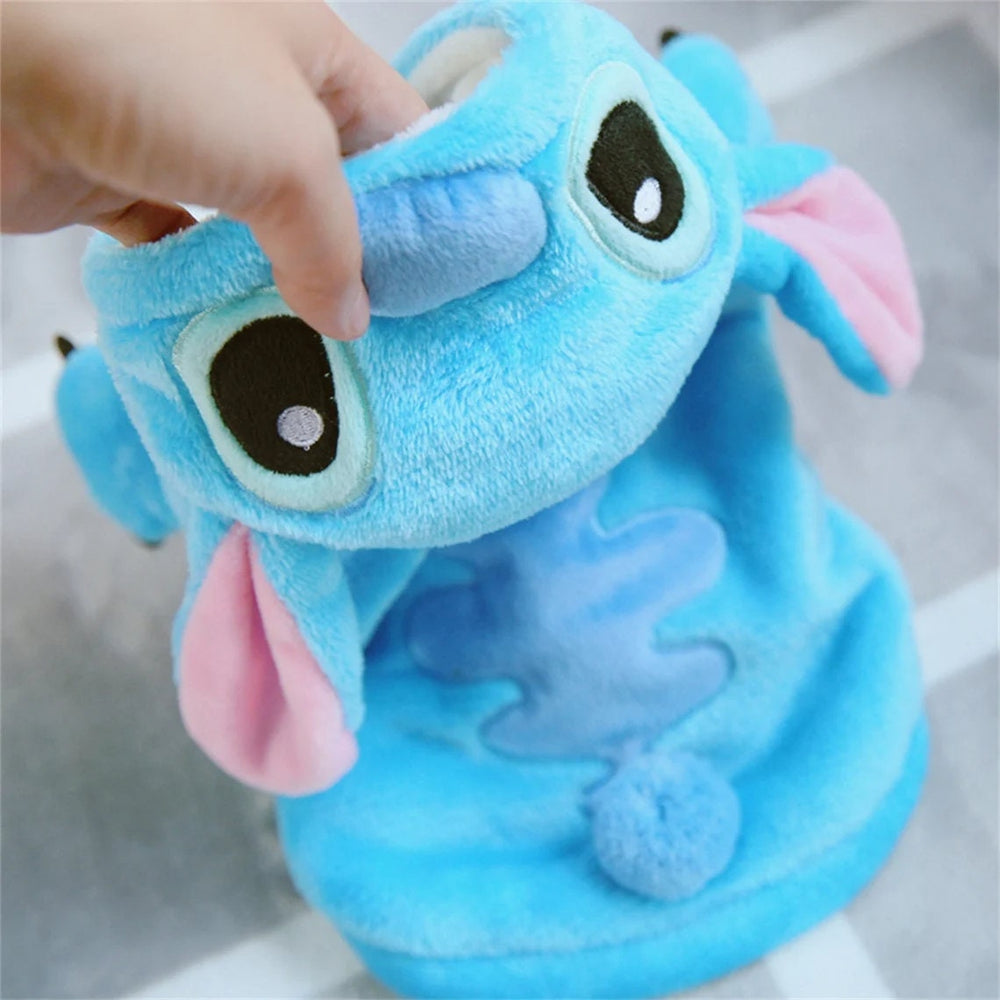How Long Is A Cat Pregnant
Cats are one of the most beloved and popular pets in the world. They are independent, playful, and loving creatures that bring joy to their owners' lives. One thing that cat owners often wonder about is how long their furry friends stay pregnant.
Unlike humans, cats have relatively short pregnancies, making it an exciting time for both the owner and the mother cat. In this article, we will explore the ins and outs of a cat's pregnancy. We will discuss the average length of a cat's pregnancy, what to expect during this time, and how you can best support your feline friend throughout her journey to motherhood.
Factors That Affect Pregnancy Length

While the average length of a cat's pregnancy is 63 days, many factors can influence this timeline. These factors include breed, age, and health of the mother cat, as well as the number of kittens she is carrying.
Breed plays a significant role in determining how long a cat will be pregnant. For example, Siamese cats typically have shorter pregnancies, while Persians may carry their kittens for a longer time.
The age and health of the mother cat also play a crucial role. Older or unhealthy cats may have shorter pregnancies, as their bodies may not be able to support a full-term pregnancy.
Finally, the number of kittens can affect the length of a cat's pregnancy. The more kittens a cat is carrying, the shorter her pregnancy will likely be.
Stages Of Pregnancy

A cat's pregnancy can be divided into three stages: early, middle, and late. Each stage brings different changes for both the mother and the growing kittens.
In the early stage, which lasts from 1-21 days after conception, there may not be any noticeable physical changes in the cat. However, she may experience some behavioral changes, such as increased affection or appetite.
The middle stage, from 21-42 days, is when the kittens' growth becomes visible. The mother cat's abdomen will start to expand, and she may become more vocal and restless.
In the late stage, from 42-63 days, the kittens are fully developed, and the mother cat may start to search for a suitable place to give birth. She may also become more protective of her space and show signs of nesting behavior.
Supporting Your Cat During Pregnancy
As a responsible owner, it is essential to support your cat during her pregnancy by providing proper nutrition, exercise, and veterinary care.
A pregnant cat's diet should consist of high-quality, protein-rich food to support her health and the growth of her kittens. It is also crucial to provide clean water at all times.
Exercise is essential for a pregnant cat but should be low-impact and not too strenuous. Gentle playtime or short walks can help keep your cat's muscles toned and promote good circulation.
Regular check-ups with a veterinarian are crucial during pregnancy to ensure the health of both the mother and kittens. Your veterinarian can also advise on any necessary vaccinations and prepare for a safe delivery.
Can Cats Get Pregnant While Nursing?
Yes, cats can get pregnant while nursing, which is why it is vital to keep an unspayed female cat indoors during and after pregnancy. It takes about 6-8 weeks for a mother cat's uterus to fully recover from giving birth before she can become pregnant again.
Also, allowing a nursing cat to become pregnant again can put her health at risk and potentially harm the developing kittens. It is best to spay your cat after she has finished nursing to prevent any unplanned pregnancies.
Plus, spaying has many benefits for your cat's overall health, including reducing the risk of certain cancers and unwanted behaviors such as spraying and roaming.
Mistakes To Avoid During A Cat's Pregnancy
As an owner, it is crucial to avoid making common mistakes that can negatively impact your cat's pregnancy. These include:
- Overfeeding: While it is essential to provide proper nutrition for a pregnant cat, overfeeding can lead to excessive weight gain and potential complications during delivery.
- Stress: Pregnant cats are sensitive and should be kept away from stressful environments. Loud noises, constant handling, and changes in routine can all cause stress and harm the developing kittens.
- Medications: Always consult with your veterinarian before giving your pregnant cat any medications, as some may be harmful to her or the kittens.
- Exposure to Toxins: Be cautious of any potential toxins in your home, such as cleaning products or plants, that could harm a pregnant cat's health.
- Not Providing a Suitable Birthing Area: It is essential to provide a comfortable, safe, and warm area for your cat to give birth. A quiet room with clean towels or blankets can work well.
Should You Breed Your Cat?
Breeding a cat should not be taken lightly, as it requires a significant amount of time, effort, and resources. There is also an overpopulation of cats in the world, so unless you are a professional breeder or have a specific reason for wanting to breed your cat, it is best to spay her instead.
Moreover, breeding can put a strain on your cat's health and well-being, as well as your own. It is crucial to consider all factors before deciding to breed your cat.
And remember, always consult with a veterinarian and do thorough research before deciding to breed your cat.
Tips For Welcoming New Kittens

Once your cat has given birth, it is essential to provide her with a quiet and stress-free environment to care for her kittens. Here are some tips for welcoming new kittens into your home:
- Limit Visitors: Too many visitors can cause stress and disrupt the bonding between mother and kittens. It is best to limit visitors until the kittens are a few weeks old.
- Provide Proper Nutrition: A nursing cat requires extra nutrition to produce enough milk for her kittens. Consult with your veterinarian about the best diet for your cat during this time.
- Keep the Area Clean: It is crucial to keep the area where the mother and kittens are clean to prevent any potential infections.
- Be Patient: It takes time for kittens to develop and grow, so be patient with their progress. Keep an eye out for any signs of health issues and consult with your veterinarian if needed.
- Enjoy the Experience: Welcoming new kittens into your home is a beautiful and rewarding experience. Take time to bond with them and enjoy watching them grow.
FAQs
Does A Pregnant Cat Need Special Care?
Yes, a pregnant cat requires special care to ensure the health of both her and her kittens. This includes proper nutrition, exercise, and veterinary check-ups.
How Long Is A Cat's Pregnancy?
A cat's pregnancy typically lasts 63 days, but it can range from 61-72 days depending on various factors.
Do Cats Have Multiple Litters At Once?
Yes, cats can have multiple litters in one pregnancy, with the average litter size being 4-6 kittens. However, it is essential to spay your cat after she has finished nursing to prevent any unplanned pregnancies.
Conclusion
Providing proper care and support for your cat during pregnancy is crucial for her health and the health of her kittens. By following these tips and avoiding common mistakes, you can help ensure a safe and comfortable pregnancy for your feline friend.
Always remember to consult with a veterinarian for any additional advice or concerns regarding your pregnant cat. So, as an owner, it is your responsibility to provide the best possible care for your cat during this special time. With proper care and attention, your cat can have a healthy pregnancy and deliver happy, healthy kittens. So, enjoy this exciting journey with your feline companion and cherish every moment of it. Happy parenting!









Leave a comment